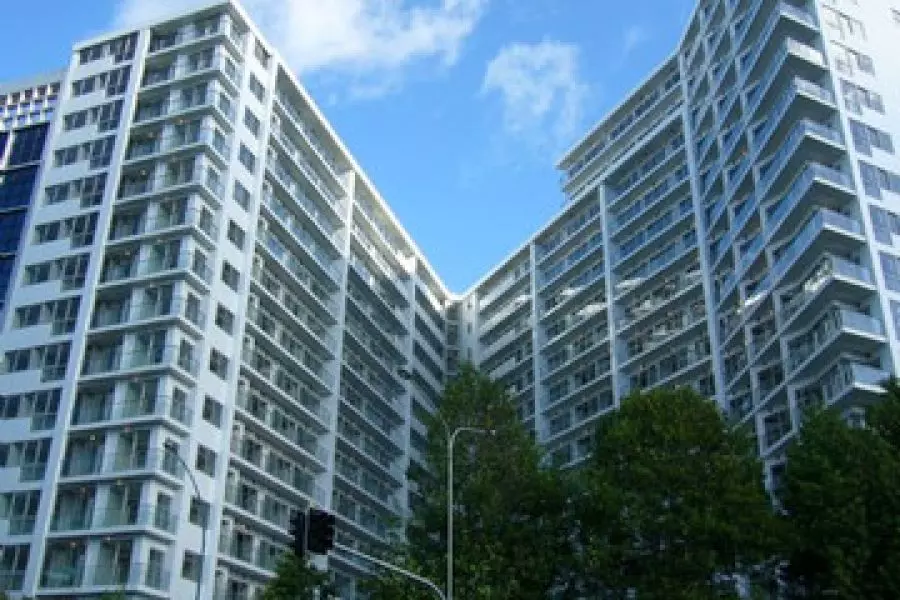
News
Insurance FAQs for uncertain times

Friday 1st of May 2020
What are my insurance related responsibilities as a landlord in a COVID-19 environment?
A landlord policy is similar to a home policy in many ways but has been designed to also reduce the financial impact of loss or damage arising from additional risks that renting out your house brings.
Some options included under landlord policies are things like:
&bul...
Want to read the full article?
Click the button below to subscribe and will have unlimited access to full article and all other articles on the site.
5 min read
3 min read





![[The Wrap] Bye Bye Bayly](https://goodreturns.publit.io/file/c_fill,w_900,h_600/39f23ac1-f7c7-4854-b700-a150004ebbac.webp)


